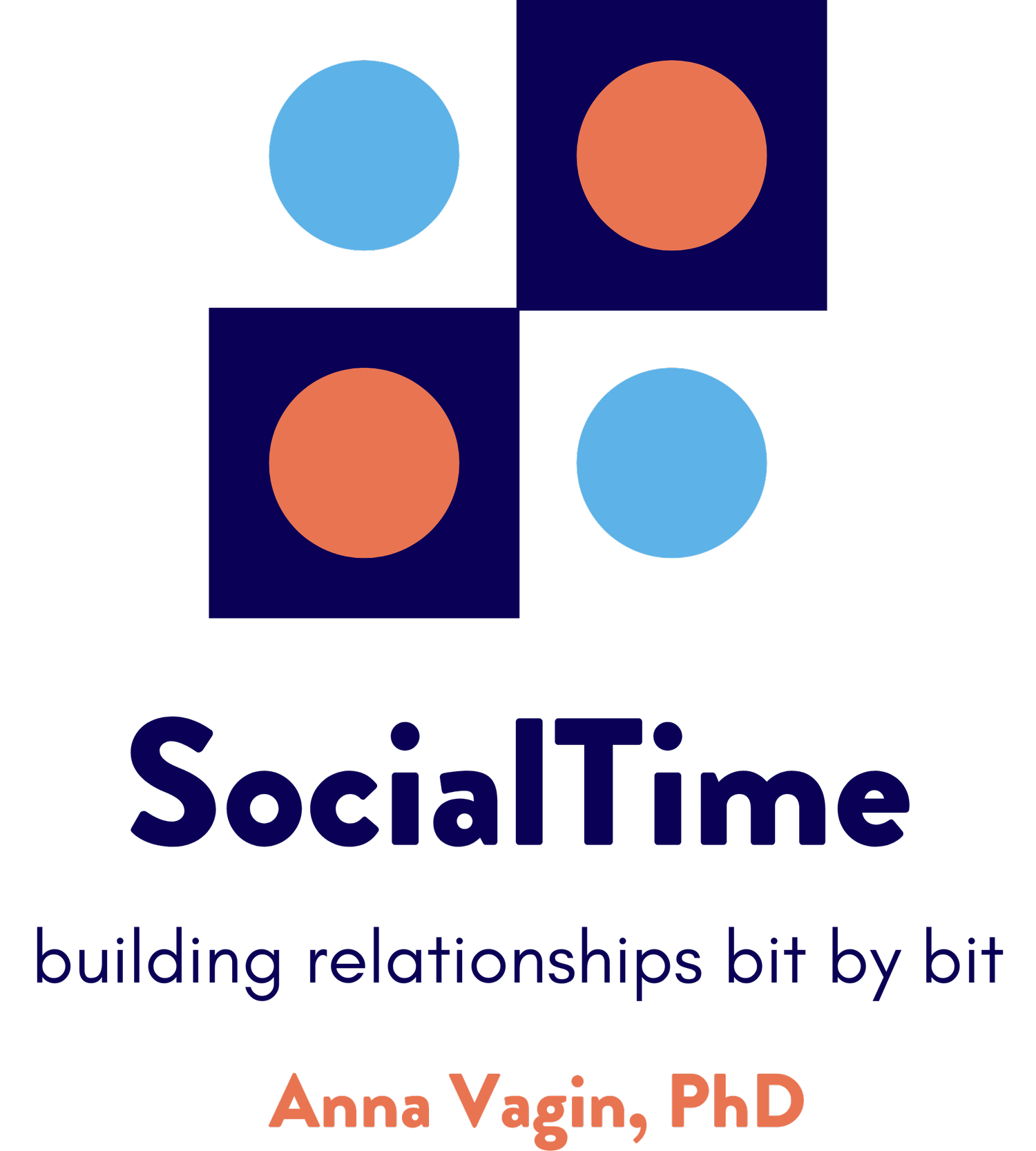More Thoughts on AI
The challenges of looking into the future with care.
Thanks to all of you who wrote me about how you do or don’t use AI. There was quite a range, from clinicians who really don’t understand what AI is and how they might access it, to clinicians who use AI pretty regularly to create various vocabulary and language-teaching materials, assist with scoring, and develop rubrics. 📝
One email in particular caught my eye, and I’d like to focus on the ideas it raised because I think they are important and relevant. This clinician very kindly challenged me in my use of AI, suggesting that perhaps focusing more on the research and critical thinking skills required to compose a continuum on something so abstract and complicated as paranoia would have been a better choice on my part in guiding my student. In some ways (understandably) suggesting that using ChatGPT was a quick fix.
I think in my last newsletter, I failed to provide enough information to “set the stage,” so I am hoping this clarification will provide important context.
I am a big believer of developing critical thinking in my students, and I often work with them on using those ever-so-helpful (and important) MSV, like understand, don’t understand, know, don’t know, believe, wonder, etc.
(Still don’t have my confetti-decorated MSV list? Get it here 🎊 )
In our session that day however, my focus was on using that 50-minute session to support my student and the rest of the team with crucial, relevant and immediate help. In my last email, I did not go into the details of the “pretty big challenging event” that had occurred, and I don’t want to share those details now. Suffice it to say that it was very serious on a number of levels, and much was at stake. There were very grave repercussions.
My priority was getting the information into a visual format that could be used immediately. To give my student a SocialScale he could begin using THAT session – so we could spend the majority of our time together discussing, modifying and strategizing what tools could be applied at what points on the scale. How to notice situations in which he felt at ease and trusting. When to call for help. When to reach out for support. How to share the scale with the other adults on his team. For those of you who might have missed it, here it is again:
So, was ChatGPT a quick fix? Yes, in some ways that’s exactly what it was. Because, on that day, in that moment, that is what I judged to be clinically the most important. Practicing and using the scale, rather than the sequence of its development, took precedence. I’d like to add that this student is a pretty good researcher. Academically, he’s doing very well in college. He applies critical thinking in many situations. He is wary of using only one source for information. Of course, like all neuro-diverse young adults, he’s working on upping his critical thinking, both inside and outside of the classroom.
Will there be other times when we focus on clearly defining an abstract idea that he is working to understand more deeply? Absolutely. Times when I will ask him to make multiple drafts of his ideas, re-working them until he’s satisfied with his efforts. Challenging him to find ways to unfold the complexities of the world that surround him in ways he can understand. Sessions where the work will be about NOT taking a short cut, but taking the time to think, learn, and move forward.
I’d love to continue our conversation! Write and tell me your thoughts and experiences with AI.


